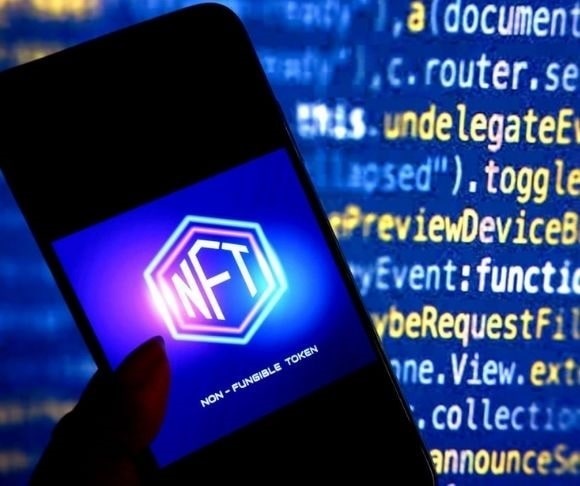A new age of how people conduct business and live has begun. Crypto offers international currencies. The metaverse promises an escape from reality into an alternate universe, and NFTs sell for millions, even as millions of people laugh off the idea as ridiculous.
EU Crackdown
The concept seems crazy to most people; who would spend millions of dollars on a digital image of a cartoon monkey in a funky outfit? But expensive art has long drawn the eye and wealth of collectors and money launderers alike – and NFTs are simply the newest form of art. Legal experts warn that loopholes in the very limited regulations make NFTs a great way to wash those illicit gains – which also makes them very appealing to criminals.
Alma Angotti, a financial crime investigator at Guidehouse who previously worked for the US government’s Financial Crimes Enforcement Network, says there are regulations on NFTs, but they’re limited. “[B]ecause they’re non-fungible, they’re not a payment – but like art, they can be used to launder money.” She also notes that the United States Treasury Department is aware criminals wash their dirty money through NFTs, and although the market isn’t huge now, growth seems certain.
The European Union is already a few steps ahead of the United States on this front. Parliament members proposed amendments that would make NFT trading platforms subject to anti-money laundering (AML) laws. As banks, art traders, real estate agents, and crypto providers do, NFT operators would have to conduct identity checks on questionable activity and new customers as well as risk assessments on illicit financials.
Legal Uncertainties

(Photo by Noam Galai/Getty Images)
Nathaniel Chastain is the first person charged with wire fraud in money laundering in the United States in what the DOJ says is “the first ever digital asset insider trading scheme.” The former product manager at OpenSea, the largest NFT marketplace, used confidential information regarding which products would be on the platform’s homepage to benefit financially. The NFTs and their artists displayed on the homepage instantly increased in value. Knowing which non-fungible tokens would be featured in the coming days or weeks, Chastain would purchase dozens and then sell them off at two-to-five-times what he paid. Instead of using his name, he made multiple profiles and transferred the funds through numerous cryptocurrency accounts to cover his tracks.
US Attorney for the Southern District of New York Damian Williams said: “NFTs might be new, but this type of criminal scheme is not.” The NFT and crypto games have contributed to this new realm of cybercrime. Stories of scams are turning more and more Americans, especially artists, away from these new forms of money and art, but there are no signs that these “crazy” concepts will crash and burn anytime soon.
Get On, or Get Lost
NFTs and cryptocurrency aren’t the only elements of the cyberworld Americans refuse to take seriously; many still ignore metaverse. However, according to Mark Zuckerberg, his employees must buy in or get lost. Meta, previously known as Facebook, is pouring billions into the metaverse and its infrastructure.

(Photo by Artur Widak/NurPhoto via Getty Images)
The company continues to struggle, even after re-branding. It seems the name change wasn’t enough to make people forget. In a recent meeting, the founder said Meta would slow hiring as it will face significant financial losses in the near term. Mark Zuckerberg also warned his employees that they will have to work harder and more often with fewer resources.
Meta recently shared that it would invest at least $10 billion into the metaverse, which Zuckerberg swears is the future. Employees were also informed that they would be under much closer scrutiny – and that if they couldn’t handle it or disagreed with the company’s mission, they can work elsewhere.
“Some of you might decide that this place isn’t for you, and that self-selection is OK with me,” Zuckerberg said. “Realistically, there are probably a bunch of people at the company who shouldn’t be here.” Perhaps he is right. Maybe there are a lot of employees who would be better off elsewhere – but delivering a “my way or the highway” ultimatum is always a risk.




